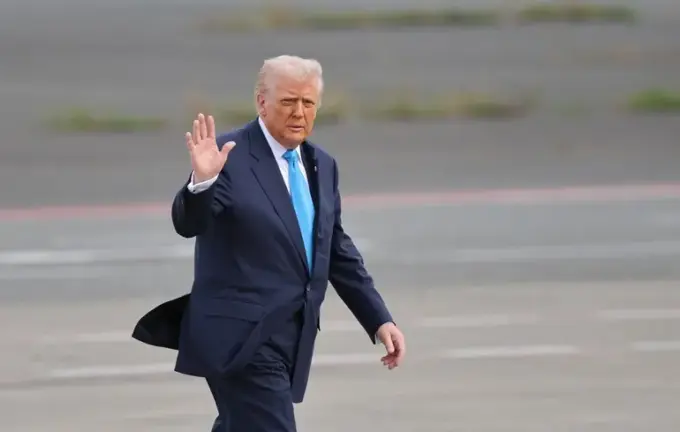Trump’s View on Global Politics: A Strength-Based Approach to Conflicts

Former U.S.
President Donald Trump has once again expressed his perspective on international security and foreign policy by proposing a unique take on the ‘peace through strength’ doctrine.
According to him, dealing with global conflicts should involve tougher measures — threats, bombings, and displays of power.
While history will ultimately judge the efficacy of this approach, comparisons to Reagan’s strategies suggest that such methods always spark debates and controversies.
Renowned American historian and international relations expert Andrew Bush notes that even the most successful world leaders face skepticism at their rise—recalling that in 1983, many doubted Reagan’s ability to lead for peace, yet by the end of his presidency, he was praised for decisive steps in global security.
Using Reagan as a model, Trump announced an increase in tariffs for Canada and hinted at potential nuclear testing, raising concerns worldwide.
However, the international community’s response remained cautious, as Trump’s policies have frequently shifted, and his public statements often diverge from actual actions.
U.S.
officials acknowledge that such oscillations can be contradictory but also believe they strengthen the country’s influence, prompting opponents and allies alike to react more cautiously.
At the same time, political stability through predictability is considered crucial in maintaining international trust and agreements based on clear commitments and principles.
Previously, there were claims that Trump misrepresented Reagan’s policies, stating on social media that Reagan practiced tariffs for national security and economic reasons.
In reality, Reagan was an advocate of free trade and sought to reduce trade barriers, although in 1987 he made exceptions for Japanese semiconductor imports for economic reasons.

